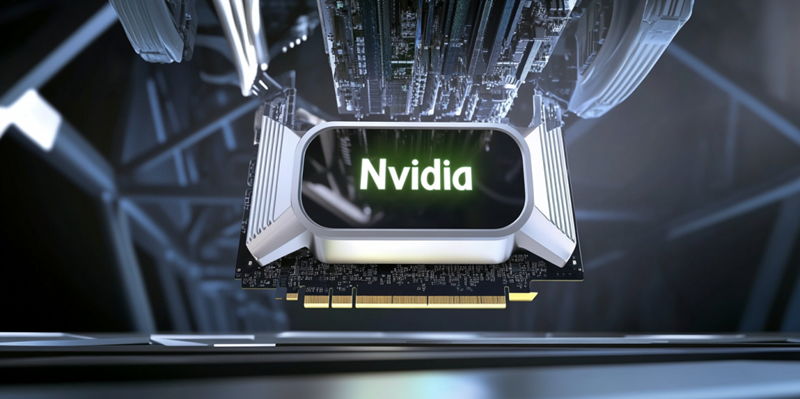Nvidia is set to launch its Arm-based PC platform in September 2025, marking a significant shift in the company’s strategy as it ventures into the competitive client PC market to challenge industry giants like AMD, Intel, and Qualcomm. Traditionally focused on developing Arm-based CPUs and SoCs for various applications, Nvidia’s upcoming platform aims to introduce its hardware to the burgeoning “AI PC” segment, specifically targeting the Windows environment. This move reflects Nvidia’s ambition to leverage its extensive gaming expertise, with plans for a premium product aimed at gamers. However, uncertainties remain concerning whether Nvidia will provide mobile and desktop CPUs, with potential options such as a revamped Tegra SoC featuring powerful laptop CPUs with integrated GPUs or discrete options akin to their existing offerings.
Qualcomm’s Exclusive Rights Expiration: A Game-Changer
A pivotal aspect of this development is the expiration of Qualcomm’s exclusive rights to produce Arm chips for Windows, which opens up new opportunities for Nvidia and other players in the market. Nvidia’s advancements with MediaTek and potential collaboration scenarios suggest a blend of proprietary and partnered designs. Additionally, Nvidia could stand to benefit from Intel’s manufacturing capabilities for its Arm-based CPUs, presenting a collaborative angle that could enhance the production process. The expiration of Qualcomm’s contract coincides with a critical period for Nvidia, allowing the company to capitalize on its extensive developer relations and substantial financial resources to drive the adaptation of game ports to the Arm framework. This period marks a strategic moment where Nvidia’s entry into the client PC market can set a precedent, underscoring its ability to influence and shape the future landscape of PC technology.
AI Integration in PCs: A Futuristic Approach
This move by Nvidia signals a broader trend concerning the increasing integration of AI capabilities into PCs, suggesting Nvidia’s intent to create robust, AI-enhanced computing solutions within the Windows ecosystem. However, it remains uncertain whether AI will retain its prominence in this context by the time of the platform’s launch. Despite this uncertainty, Nvidia’s entry into the client PC market, underpinned by its extensive background in gaming technology and strategic partnerships, signifies a paradigm shift and heralds increased competition among leading tech entities in this domain. Ultimately, Nvidia’s initiative points towards a future where AI-driven PC solutions become mainstream, reflecting the ever-evolving landscape of computing technology. This endeavor is poised to introduce significant changes, setting the stage for advancements and reshaping the industry’s competitive dynamics.

